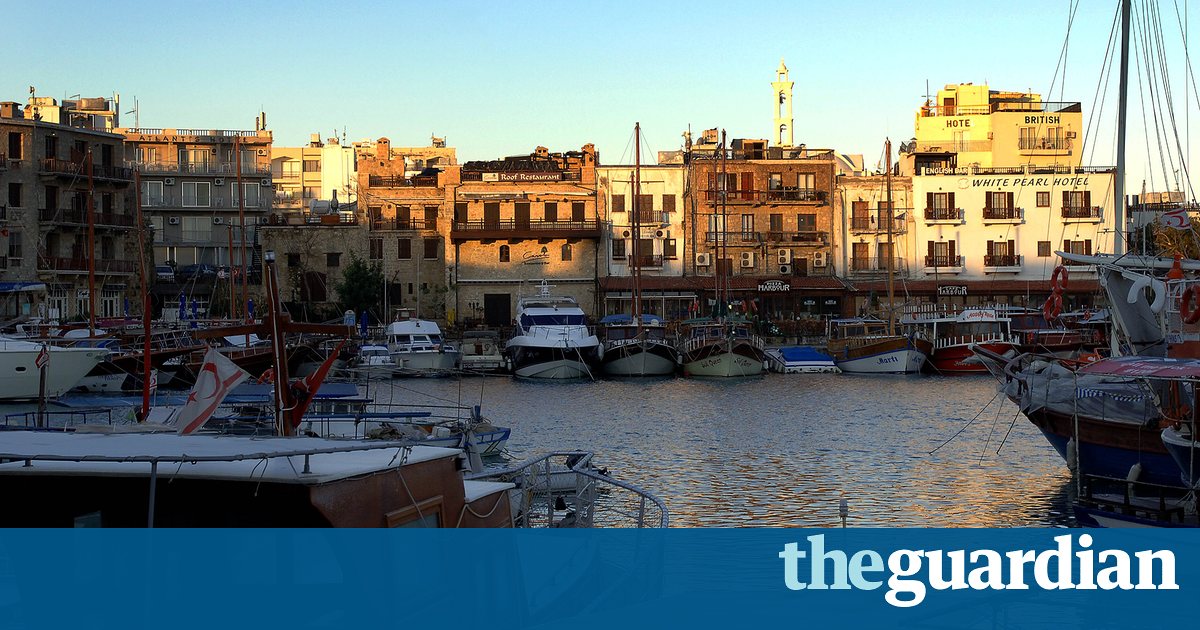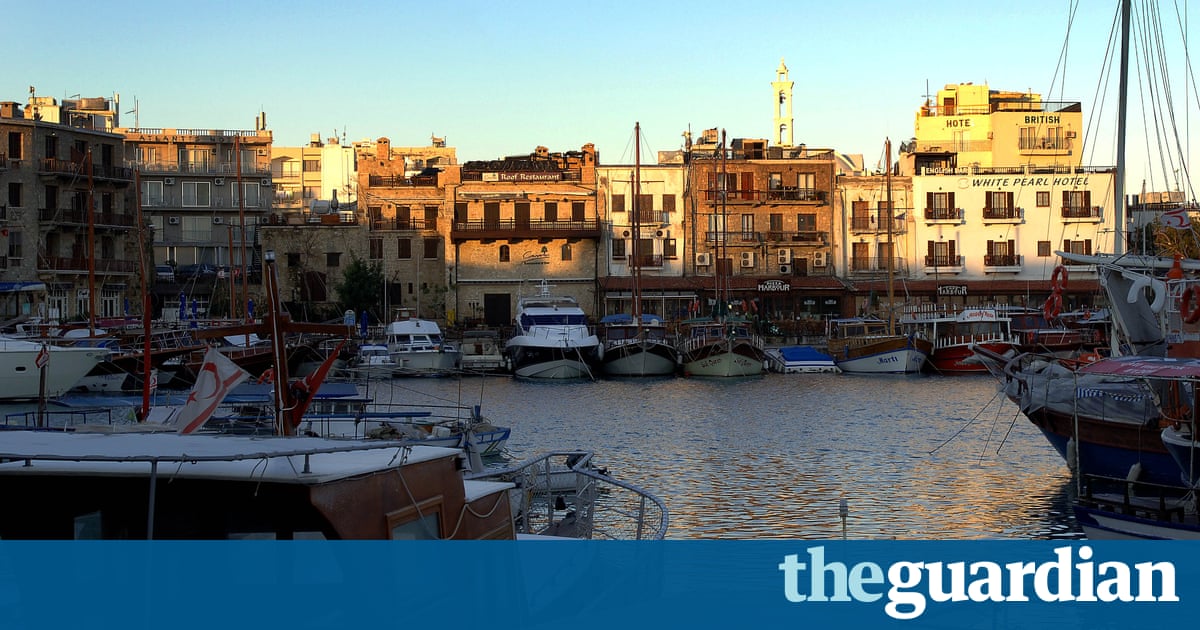Hopes high about ‘once in a lifetime’ chance to reunify Cyprus

With the islands Greek and Turkish leaders set for talks, many see this as the best ever chance to end the wests longest running diplomatic row

The prospect of a breakthrough ending the decades-old division of Cyprus could be delivered at a much-anticipated meeting between the leaders of the islands two estranged communities.
Reunification hopes are expected to be reinvigorated on Sunday when the president, Nicos Anastasiades, who heads Greeks in the south, and Mustafa Aknc, who heads Turks in the north, hold talks in New York with the United Nations secretary general Ban Ki-moon.
We have prepared this meeting very well and have worked for the best possible outcome, said Espen Barth Eide, the secretary-generals special adviser on Cyprus.
That the meeting is taking place at all is a breakthrough in itself. In the 16 months since this latest round of peace talks began, the two men have only ever met together with Ban on one other occasion.
For many the closed-door, sit-down session is a reflection of heightened expectations that the wests longest running diplomatic row is close to being solved.
Taboos, said Eide, have finally been lifted. What is new compared with previous intensified periods is that all issues are on the table, the Norwegian diplomat said earlier this month.
Its good to be in a place where there are no taboos, no issues which cannot be touched upon, he added, even if the two leaders had agreed not to discuss maps and figures.
On both sides there is consensus that the negotiations have reached an endgame. In Anastasiades and Aknc, two moderates who have been vocal advocates of reconciliation, analysts see a once in a generation opportunity to achieve a settlement.
Addressing the UN general assembly on Thursday, the Greek-Cypriot leader said a solution would offer a beacon of hope that even the worlds seemingly most intractable problems could finally be settled.
I wish to, yet again, reiterate my resolve to continue working with the same determination and intensive pace in order to reach a solution the soonest and, if possible, by the end of the year, Anastasiades insisted.
Washington and the European Union are optimistic a settlement can be found. So, too, is Turkey, the country that invaded the island in the summer of 1974 in response to an Athens-inspired coup aimed at uniting Cyprus with Greece.
We want to find a solution as soon as possible, Turkeys ambassador to Greece, Kerim Uras, told the Observer. And we think it is achievable in 2016.
For Turkish president Recep Tayyip Erdoan, whose ties with the west have become increasingly strained since his wide-ranging purge of perceived participants in Julys attempted military coup, a Cyprus settlement could be extremely advantageous.

Officials in Ankara have said openly that they have tired of a problem that has long decimated diplomatic capital and cost the public purse.
Recognised by no other country but Turkey, the breakaway republic of northern Cyprus is bankrolled exclusively by Ankara. More importantly, a deal could also serve the added purpose of smoothing stormy relations with the west.
The chances of a solution are the best we have ever had, said Harry Tzimitras, who heads the Cyprus Centre of the Peace Research Institute Oslo. But the question remains for how long this will be the case.
So far, the two leaders have appeared willing to make the concessions necessary to unite their feuding communities in a bi-communal, bi-zonal federation. There has been progress on the once thorny issues of power sharing and governance.
But the most difficult areas of security, territorial adjustments and property rights have yet to be addressed and, according to seasoned Cyprus watchers, these issues could all be deal-breakers.
The meeting [in New York] is a sign that they have reached the end of the road, that both sides can no longer continue without outside mediation, said Hubert Faustmann, professor of history and political science at the University of Nicosia.
But we have to ask what form of mediation will take place when the Greek Cypriots say the process must be island-led and they will never allow the UN to be an arbitrator that can fill in the blanks after their experience in 2004 [the last UN-brokered peace process].
Time, as never before, is of the essence. The islands ethnic divide has only hardened with time. Extremists on both sides, but especially among the majority population in the Greek-run south, vehemently reject the idea of reunification.
Ahead of presidential elections in early 2018 and with the prospect of a solution being put to referendum Anastasiades will undoubtedly have to moderate his rhetoric as campaigning gets under way.
The discovery of hydrocarbons off the Cyprus coast could also ignite tensions: the Greek Cypriots have announced they will award companies licences early next year to explore offshore oil and natural gas deposits in a move that is bound to rile Turkey and the Turkish Cypriots, who argue drilling should only begin after a settlement.
Sundays meeting could mark the fork in the road. For many it is a circle versus a straight line: the former, a rehashed version of all the failed talks that has preceded it; the latter the route to somewhere new.
Much is at stake. Under the ever-unpredictable Erdoan, an increasingly authoritarian Turkey might decide to press ahead with plan B in the event of failure.
Ultimately, if these talks fail, there is a very real possibility that Turkey will simply annex the north, said James Ker-Lindsay, a specialist on Cyprus at the London School of Economics.
Thats the real danger. When it comes to Cyprus people have heard countless times that this is a last chance for peace. The difference, this time, is that sadly it is true.